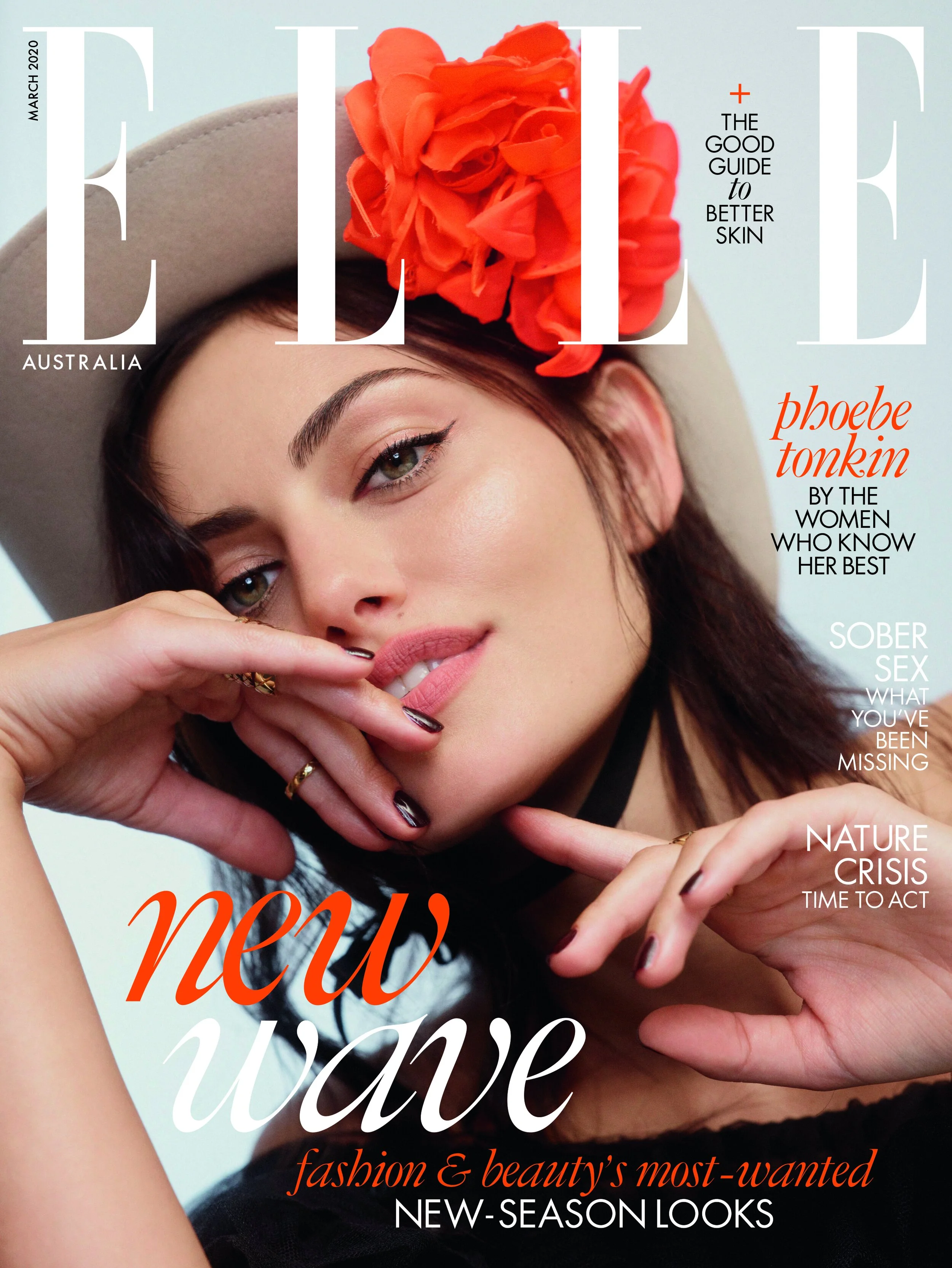Out of Date - ELLE Magazine (Copy)
HAVE DATING APPS SURPASSED THEIR SHELF LIFE?
Last year, hundreds of people descended on a bar in Brooklyn to match-make via PowerPoint. They were there to see a dozen different presenters click through slideshows extolling the virtues, target demographic and ROI of their best mates (eg. if you date my friend, you’ll be tagged in great memes), while said-friend sat beside them waiting for a follow-up Q&A with the audience. It was the IRL version of showing your mates the profile of someone you’ve matched with to gauge their opinion.
Events like this one, called YouShouldDate.ppt, are gaining traction in the US as people move away from swipe-centric dating apps and turn to more analogue ways of meeting people. And it’s a trend we’re starting to see here, too – Eventbrite reports a 47 per cent increase in the number of dating events posted to the site in the past year.
There’s no question dating apps have revolutionised relationships, but if you’ve noticed the RSI in your swiping thumb dissipating lately, you’re not alone. Psychotherapist Angela Barrett says she’s seen “a distinct turning away from dating apps” recently. Research also suggests the number of people signing up for the apps dropped 485 per cent in one year. It’s no surprise, really, with claims some apps have been sharing users’ data – such as gender and ethnicity – with third-party advertisers. (For its part, Tinder HQ told ELLE that “based on the behaviour we see on Tinder, more people are matching and chatting than ever before”.)
On paper, dating apps perfectly suit our super-busy, outsource- everything culture. That is, until the swiping and chatting comes to feel like a chore. Consequently, we become less invested and the apps become more like games or validation tools. As The Atlantic put it, they can feel like “a pocket full of maybe that you can carry around to ward off despair”. “When people mindlessly use dating apps, it’s generally to fill time,” says relationship coach Megan Luscombe. “They also use them as a way to validate their sense of self and feel more connected to people when, really, we’re more disconnected than we’ve ever been.”
A study published in the Journal Of Social And Personal Relationships found those who are lonely and socially anxious are more likely to use dating apps compulsively, which can have negative outcomes on their life and leave them feeling even more isolated and lonelier than before. Luscombe’s advice is to work out what you’re using the apps for. Are you swiping because you’re bored? Are you looking to connect, or do you just need someone to tell you you’re pretty?
Obviously, dating apps aren’t going anywhere, but now it’s less about efficient dating and more about effective dating. “Developers are coming up with apps that address the need for a more personalised approach,” says Barrett. Enter next-gen apps such as MeetMindful, for people who are “into wellness, mindfulness and personal growth,” says CEO Amy Baglan. You’re only presented with 10 matches at a time (“so you don’t get stuck in an endless black hole, swiping for hours”), and a feature called Nicebreakers helps you initiate a meaningful conversation. Then there’s Wingman and Ship, which tackle isolation by getting your whole crew involved in helping you choose someone. After all, who knows what’s better for you than your bestie?
This story first appeared in the March 2020 issue of ELLE Magazine. Collage: Denis Sheckler.


